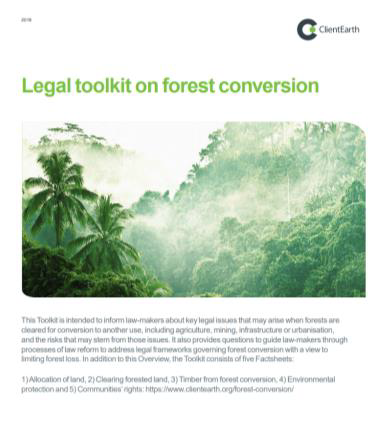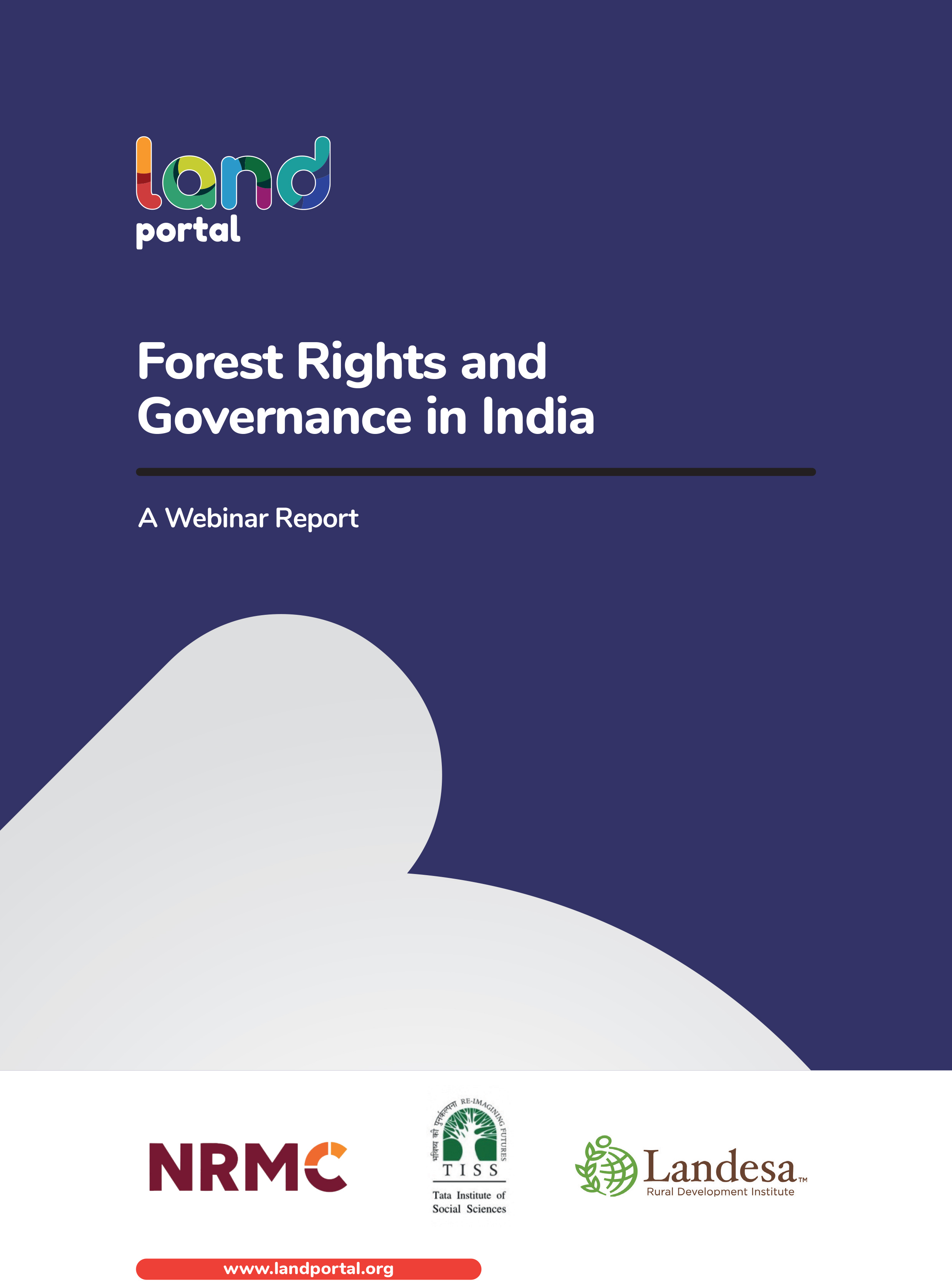Where are the poor and where are the trees?: targeting of poverty reduction and forest conservation in Vietnam (Vietnamese)
This paper highlights the spatial linkages of forest quality with poverty incidence and poverty density in Vietnam. Most of the Vietnamese poor live in densely populated river deltas and cities while remote upland areas have the highest poverty incidences, gaps, and severities. Forests of high local and global value are located in areas where relatively few poor people live, but where the incidence, gap, and severity of poverty are strongest, and where the livelihood strategies are based on agricultural and forest activities.





